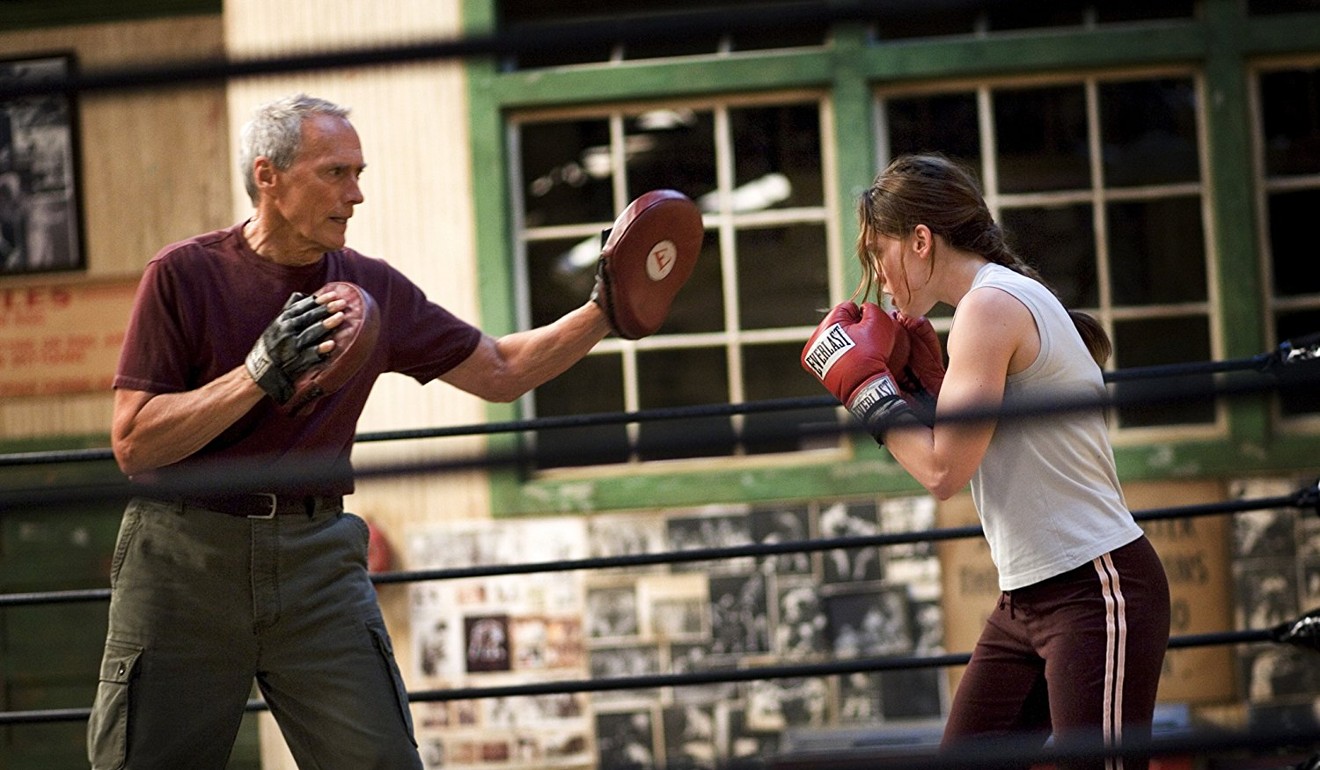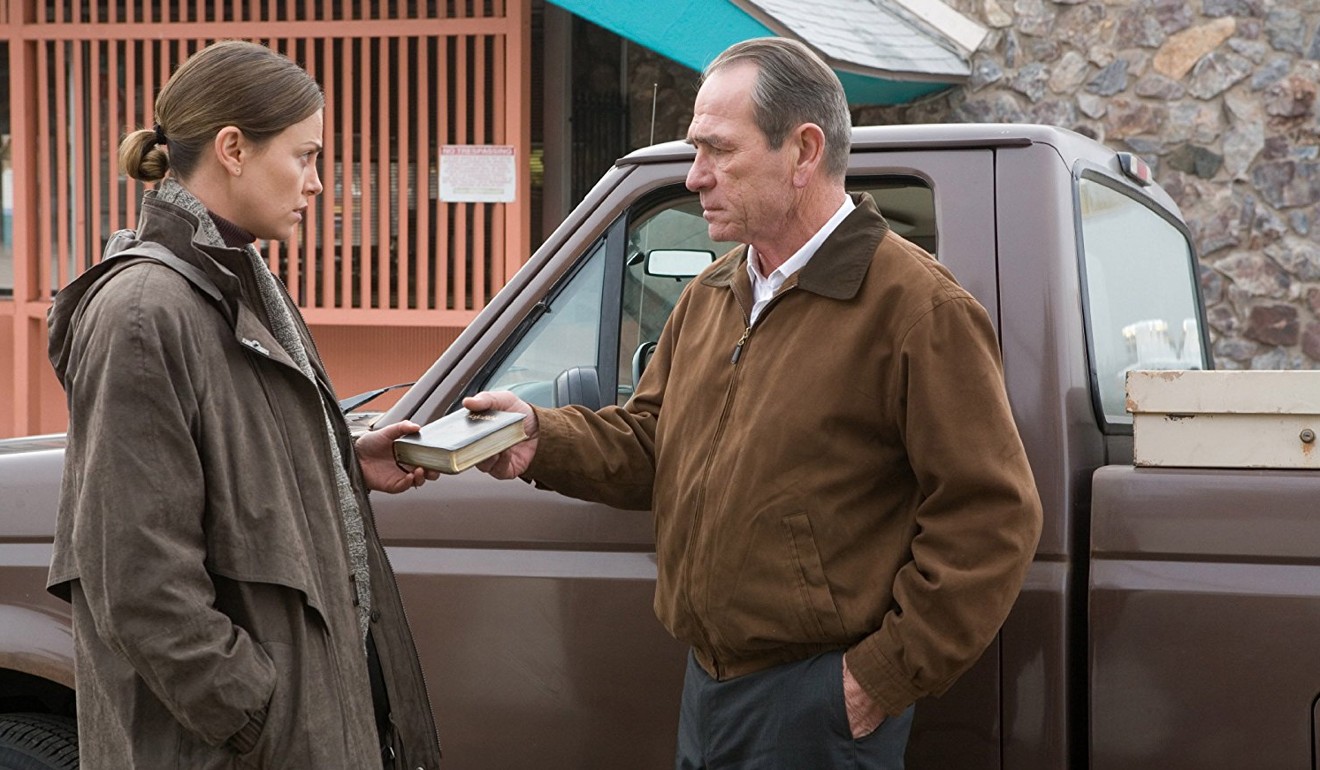
Paul Haggis: the ex-Scientologist Oscar winner who won’t watch his most successful films
His films such as Crash and Million Dollar Baby have won most of the biggest film awards, but the self-effacing Haggis, who quit the Scientologists in a blaze of publicity, is critical of some of his best work and still doubts his own abilities
With two Oscars, a brace of Emmys and a place at Hollywood’s top table as one of the great filmmakers, Paul Haggis’ many achievements could take up a whole interview.
Yet he accepts that one of the most interesting aspects of his life to many people will always be his three-decade association with the Church of Scientology, an organisation he quit in a blaze of publicity in 2009.
“People love to hear about it because it is a great unknown and people just can’t understand how folks like me could get involved with it,” he says.
“So I think it’s a point of curiosity. I hope it doesn’t overshadow everything, but I’m not ashamed.”
Haggis severed his ties with the sect in protest against its position on gays and other issues in a letter made public on a former member’s blog, denouncing the highly secretive organisation as “morally reprehensible.”

Reflecting on that period of his life, the 64-year-old Canadian recalls how Wright spent a year interviewing him and all his friends and acquaintances.
Going Clear: Scientology and the Prison of Belief opens at Sundance Film Festival with police protection
“The entire time I had never used that word – cult. It wasn’t until the very last interview that I went, ‘Oh my God, I’ve been in a cult all this time and I couldn’t see it,’” he says. “It really speaks to how effective the brainwashing is. You really don’t see it.”

For those films, the father-of-four remains the only screenwriter in history to have penned back-to-back best picture Oscar winners.
Success on the silver screen came no less than three decades after he moved to Los Angeles, embarking on a TV career which earned him a string of awards for series like thirtysomething and Due South.
Haggis famously said he made Crash – a bumpy ride with several twists and turns that explores racial prejudice among a group of characters who are not always what they seem – to “bust liberals.”
He felt liberal America was complacently lying to itself that most of the racial problems dividing society had already been resolved.
More than a decade on, he clarifies that he was pointing the finger at himself as much as anyone else.
“It’s too easy to look at the racists and the white nationalists and people like that and say, ‘Aren’t they nasty people?’ Well of course they are nasty people, of course they are heinous, but there’s no film there,” he says.
Stars of Russian film on love affair between Tsar and Polish dancer skip premiere over safety fears
“You can do it – and people have done it, some very well – but for me I guess I wanted to look inward and see what I was guilty of.”
For someone who has earned so many of the most prestigious awards and nominations – there were further Oscar, Golden Globe and Bafta nods for Crash, Letters from Iwo Jima and James Bond film Casino Royale – Haggis is disarmingly self-effacing.
He puts the long wait for success down to having difficulty writing “compelling” stories and says the thought occurred “just about every week” that he wasn’t cut out for cinema, a doubt which he admits still plagues him.

“It’s very hard for me to look at Crash. I look at the thing and all I see is my mistakes,” he says.
This harsh assessment seems entirely too self-critical, and we remind him that Crash is considered a masterpiece. But he doubles down, insisting that its star Don Cheadle feels the same way.
“He can’t look at his old films and I can’t look at mine. It’s very hard,” Haggis says. “I don’t mind watching the ones that everyone ignored – I can watch In the Valley of Elah, I can watch Third Person – but the ones that were successful are hard for me to watch.”

The filmmaker said he was “thrilled” to be picking up a special prize at the eight-day Evolution Mallorca International Film Festival, which starts on October 26, where Crash is taking centre-stage.
Festival founder Sandra Seeling Lipski describes Haggis as “a maverick filmmaker who exemplifies excellence, innovation, passion,” using cinema to “unify cultures and communities”.
“There is no better inaugural awardee than Mr Paul Haggis, who personifies every one of these attributes with a deep commitment to humanity and social justice,” she said.

.png?itok=arIb17P0)